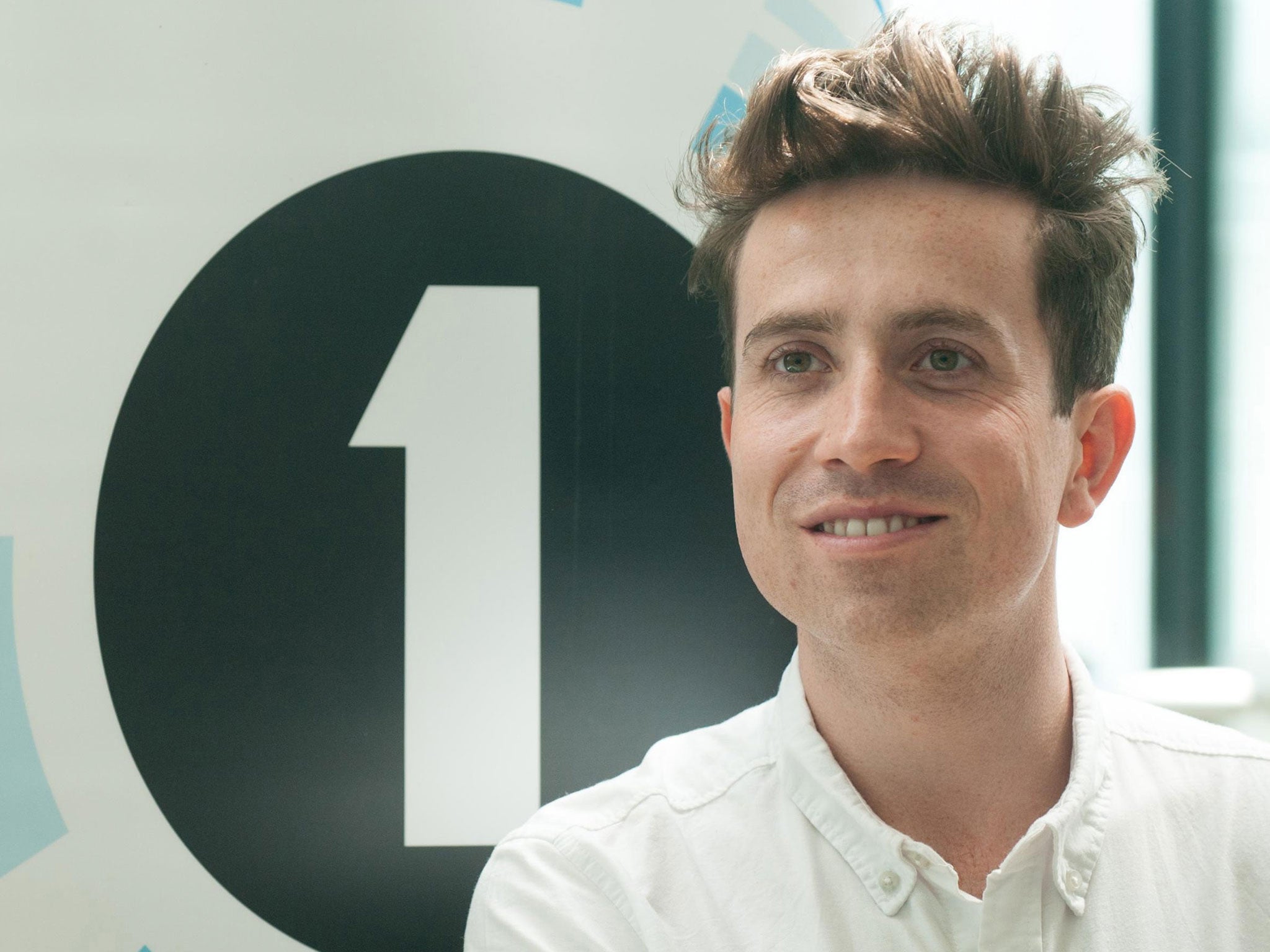Grimmy statistics: Radio 1 chief Ben Cooper defends strategy after breakfast show drops 1m listeners

Your support helps us to tell the story
From reproductive rights to climate change to Big Tech, The Independent is on the ground when the story is developing. Whether it's investigating the financials of Elon Musk's pro-Trump PAC or producing our latest documentary, 'The A Word', which shines a light on the American women fighting for reproductive rights, we know how important it is to parse out the facts from the messaging.
At such a critical moment in US history, we need reporters on the ground. Your donation allows us to keep sending journalists to speak to both sides of the story.
The Independent is trusted by Americans across the entire political spectrum. And unlike many other quality news outlets, we choose not to lock Americans out of our reporting and analysis with paywalls. We believe quality journalism should be available to everyone, paid for by those who can afford it.
Your support makes all the difference.Radio 1 chief Ben Cooper has defended the station's music strategy after its breakfast show lost almost one million listeners.
Recent figures showed Nick Grimshaw had dropped 950,000 listeners in the six months since he took over from Chris Moyles.
His latest figures are 5.78 million - the lowest since Sara Cox hosted the show in 2003 - but the BBC has said it is concentrating "on a younger demographic" after the BBC Trust demanded it focus on under-30s.
Former Radio 1 breakfast show presenter Mike Smith criticised Radio 1's strategy, telling the Radio Times: "They say they're going for a younger audience - that's just wrong. Relentlessly chasing youth is going to piss off more people than it will attract.
"I don't know why the BBC is slavishly following demographics invented by advertisers when they don't take advertising. They should target attitude, not age. Whatever age you are, chasing demographics is terrible news for listeners."
Cooper told the magazine that Radio 1 is having internal discussions about some of their DJs' playlists being available to stream or buy when they finish their shows.
He said of pursuing younger listeners: "The BBC has traditionally brought in younger audiences by playing them new music on Radio 1.
"If that stops and a generation doesn't get the BBC habit, it's almost an existential problem for the corporation. There are some fundamental questions the BBC needs to be asking itself if the Trust places that responsibility in our hands.
"The key one is - what does radio look like on a screen? Because that's where the listeners we're charged with reaching are right now."
He added: "We need to work out if we see YouTube as a competitor or a partner. I think as kids get used to playing the tracks they want on YouTube or streaming services, we'll have to focus on live events and curating tastes - I don't want to wake up to a Spotify playlist, I want a warm human voice."
He admitted: "We are having internal discussions, though, about, say, Tim Westwood's playlist being available to stream or buy when he finishes his show.
"There are problems with rights - but it's something we need to explore, even if that risks the actual radio becoming the place fewer people hear the music."
PA
Join our commenting forum
Join thought-provoking conversations, follow other Independent readers and see their replies
Comments